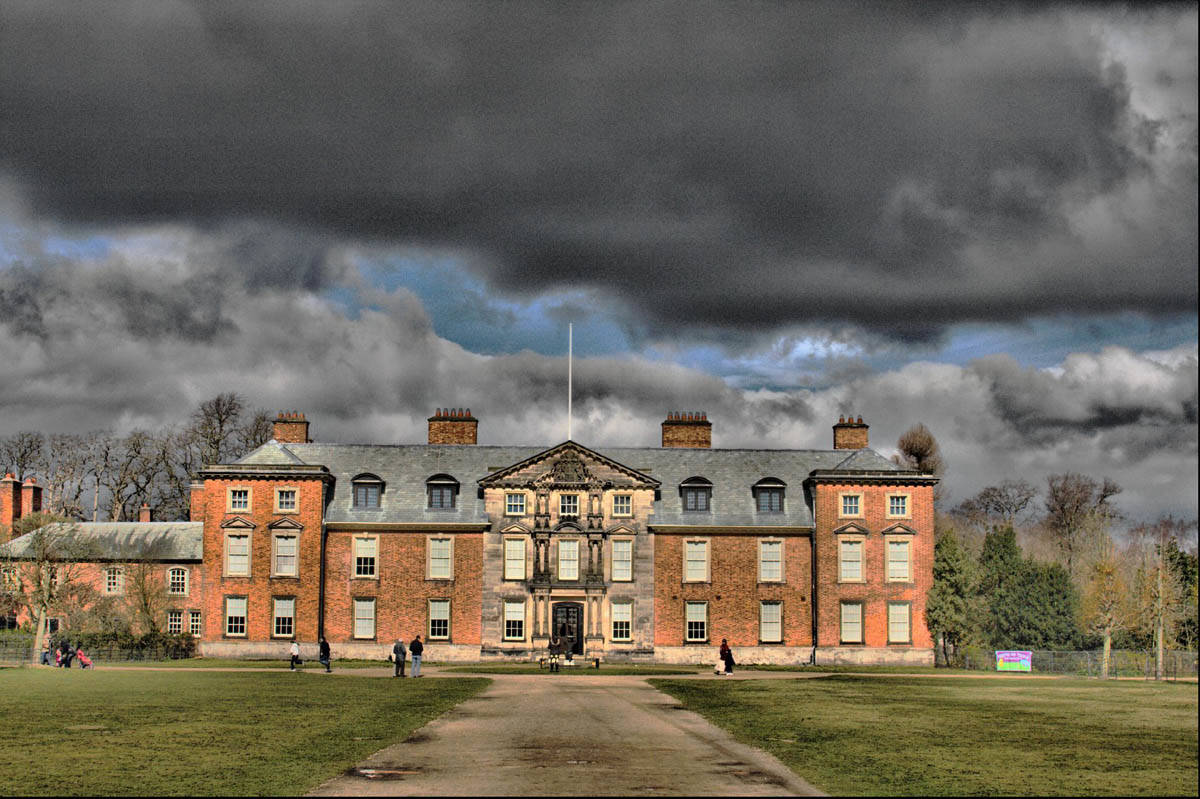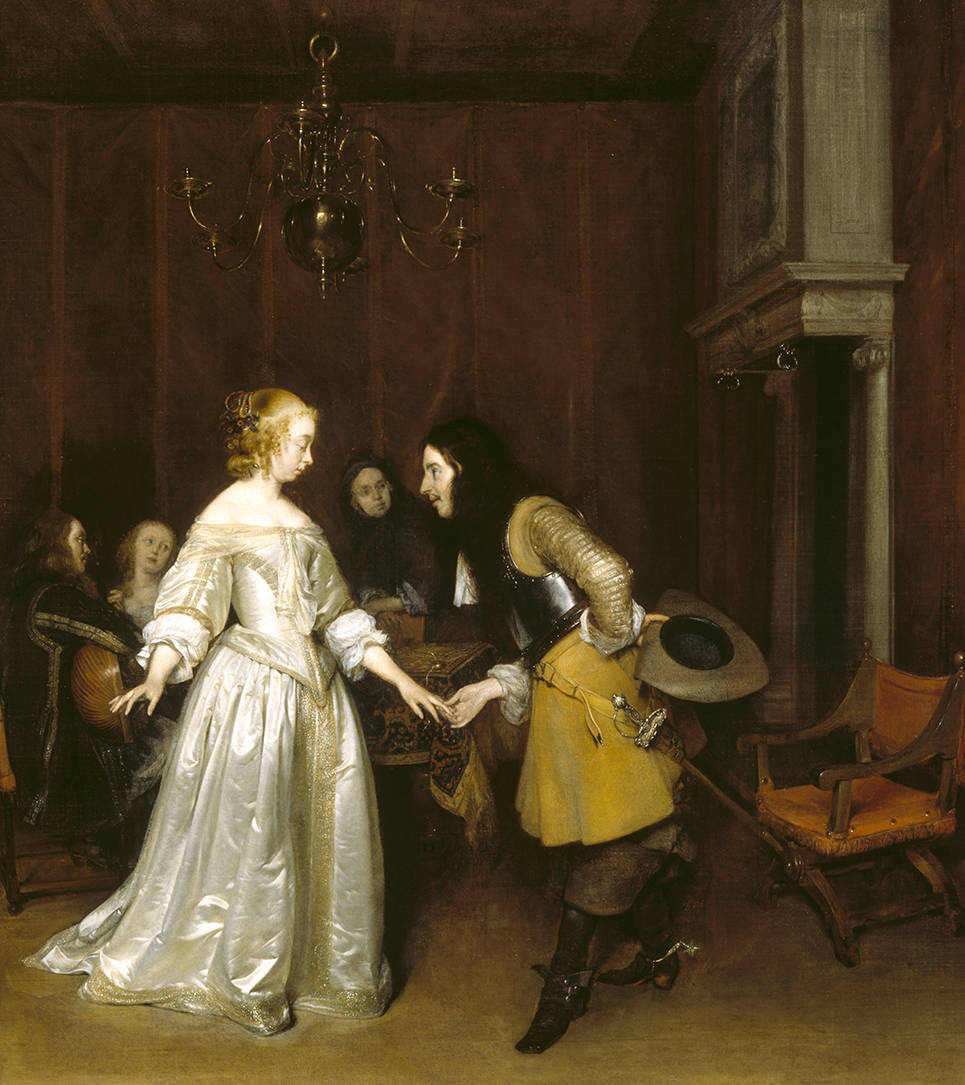
Starting 11th October 2018, the Mauritshuis is organising an exhibition on 17th-century Dutch paintings with an English origin. Twenty-two Dutch masters from twelve British country houses tell the story of the enormous popularity enjoyed by these Golden Age artists in the United Kingdom. In the 18th and 19th centuries in particular, the British nobility decorated the rooms of their monumental country houses with landscapes, portraits, still lifes and genre pieces by the most famous old masters, including Rembrandt van Rijn, Aelbert Cuyp, Pieter Saenredam and Jan Steen.

